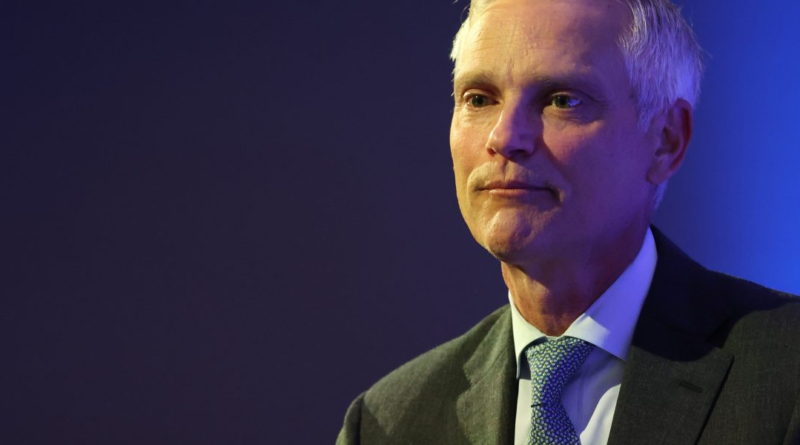American Airlines’ attempt to strong-arm its customers into buying tickets directly backfired, sending its profits down nearly 50%
American Airlines is sorry, okay? After instituting a booking policy that rubbed many passengers the wrong way, the carrier has seen a dive in profits—and is now walking back the controversial strategy for fear of further hemorrhaging dollars.
The world’s second-largest airline is basically standing outside annoyed travel agents’ windows with a boom box asking for another chance after bungling it up. It can’t afford not to, as its net income in the just-ended second quarter has slipped by 46% to $717 million from a year ago. While the airline has seen record revenue this past quarter, the CEO acknowledges that they’re off target for a couple of reasons.
“I want to first acknowledge that our current revenue performance is not where we want it to be,” Robert D. Isom, American Airlines CEO, president, and director, said on a less-than-cheery earnings call on Thursday. Attributing some of its issues to an industrywide “imbalance in domestic supply and demand” and American’s former sales strategy, the CEO said, “we know we can do better, and we will rise to meet this challenge.”
American Airlines did not immediately respond to Fortune’s request for further comment.
The strategy Isom referred to is one where the airline made customers buy tickets directly, as opposed to having the freedom to book from other agencies. The choice alienated corporate customers and led to the ousting of Vasu Raja, American’s chief commercial officer, this past spring. Stopping customers from using booking agencies in favor of American’s own website proved to be too hasty a move, as Bloomberg noted complaints that the internal technology wasn’t developed enough to handle this new policy.
Naturally, travel agents were incensed by the former rule. “To assume that all customers prefer to buy direct through AA.com is arrogant at best,” wrote the American Society of Travel Advisors in a fiery statement. “And claiming that consumers asked for NDC is like Apple claiming consumers asked that no wall charger be included with new iPhones. We may have to live with it, but we certainly didn’t ask for it,” they said, referencing the new policy known as new distribution capability bookings.
Isom soon acknowledged that the plan had backfired. “We know we dug ourselves a hole in the second quarter,” he said in late May at the Bernstein Strategic Decisions Conference. Indicating his change of course, the CEO called for a “reset,” adding that American “moved faster than we should have, and we didn’t execute well.”
But such choices end up leaving long-lasting dents in relationships. “They’re not going to be able to turn it around in three months—that’s for sure,” Helane Becker, a TD Cowen analyst, told Bloomberg Television this past spring. “It will take at least 18 months to two years to turn things around, and even then it might take longer.”
And now American is seeing the fruits of said misstep. In its latest earnings report, Isom said a “reset will take some time,” likely impacting earnings throughout the rest of the year.
There’s some mending of bridges to be done, too. Isom said he’s so far spoken to more than 30 of his counterparts at corporate customers: “We recognize we have a lot of relationships to repair.”




